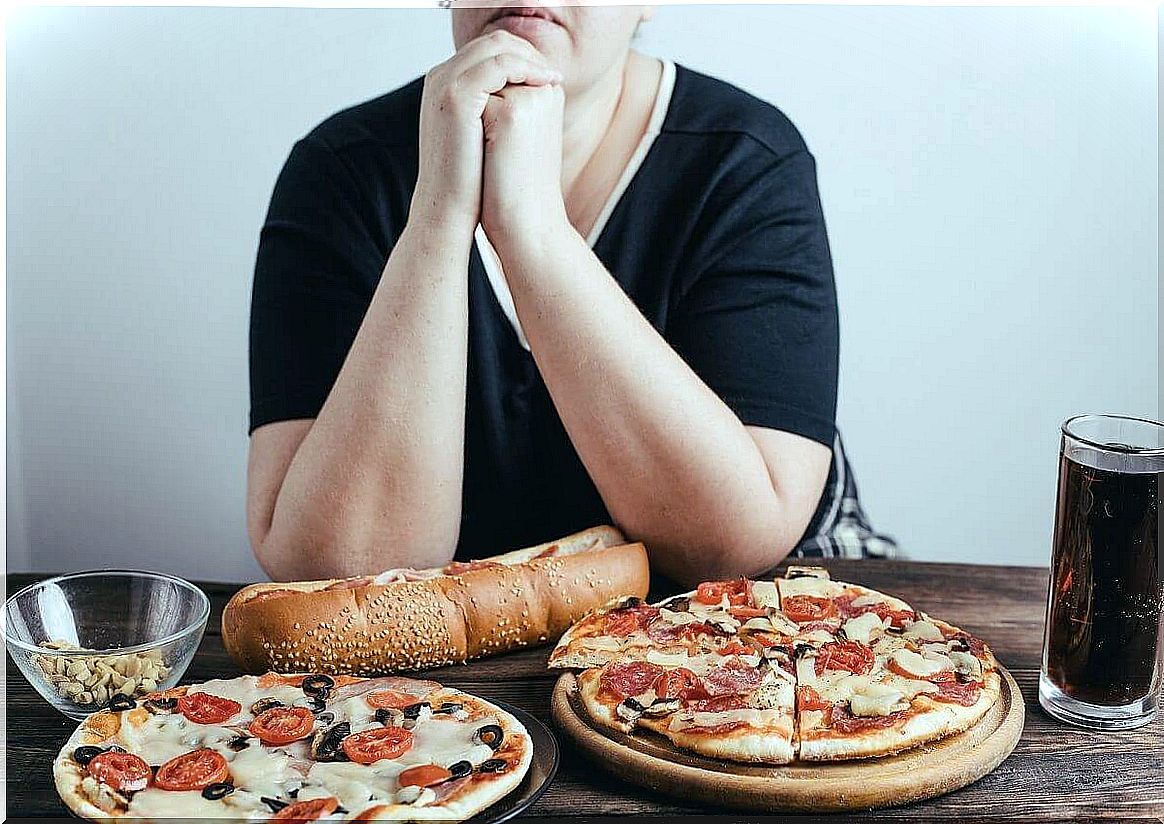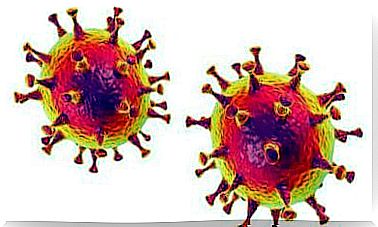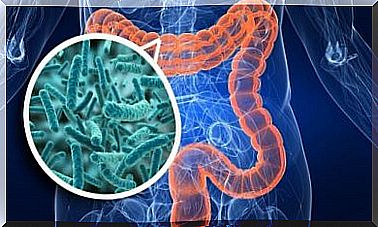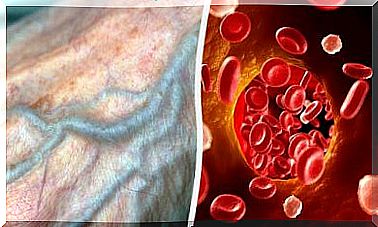I Can’t Stop Eating: Reasons And What To Do
If the will to stop eating fails, there may be an emotional cause. Can’t you stop eating Do you know how to approach this problem? We’ll go into this in detail in this article.

Are you always hungry? Can’t help but raid the fridge in the middle of the night? Do you eat more than you would like and feel guilty afterwards? If you feel like you can’t stop eating, your problem is likely emotional, or at least in large part.
The feeling of not being able to control your food intake can be very distressing because you know that you are not only damaging your appearance but also your health. And yet you don’t know how to stop. In either case, the solution is to change your relationship with food. Here we tell you what to do for it.
Why can’t I stop eating?
Eating is a vital function. It’s the way the body gets the nutrients it needs to function on a day-to-day basis. The problem starts with the amount and, most importantly, the choice of food consumed.
Often times, people who have difficulty eating in moderation choose low-nutritional, high-calorie products. But what leads to such harmful behavior?
Decoupling from your own body
One of the reasons for overeating is the inability to identify one’s body sensations. At birth, everyone is programmed to recognize and respond to signs of hunger ; in this case the cry for food.
However, over time, the connection to these interoceptive sensations is lost. This happens for a number of reasons. First, because eating is associated with meeting, socializing, and interacting with others. So eating becomes a social and enjoyable act beyond its nutritional value.
Second , today’s fast pace of life and stress don’t make us stop and listen to our bodies. Then the ability to recognize when there is real hunger and when there is boredom or the desire for a moment of social connectedness decreases.

Emotional hunger
Another thing that prevents you from stopping is emotional eating. This concept refers to the fact that we use food to regulate our emotions. Have you noticed that you eat more when you are anxious, sad, overwhelmed, or disappointed?
There is an explanation for this: certain foods stimulate the brain circuit that corresponds to pleasure, as they release various neurotransmitters that create pleasant sensations. As a result, relief, satisfaction, and happiness are felt when eating food.
Unfortunately, this is a temporary condition and is by no means an effective or permanent solution. After a short time, the pleasant effects disappear and the unresolved emotions return. In addition, there is now the guilt of having eaten without self-control.
Restrictive Diets
If you’ve been struggling with eating problems for a while, you’ve probably experienced this paradoxical situation: A diet that is too restrictive can increase the urge and craving for unhealthy foods.
Too strict eating style that prohibits eating leads to increased fear of eating. Because of this, it is impossible to follow the diet without engaging in compulsive eating behavior.
In fact, you may find yourself gaining the weight you lost with so much exertion soon after you stop dieting. The body longs for what you have taken away from it and so radically restricted.

What can I do to stop eating?
Of course, food intake is essential for survival. So it’s not an activity that we can avoid like it is with other types of addictions. The solution in this case is to change the relationship with food by recognizing its nutritional role and starting to eat more consciously.
First of all, it is important to reconnect with the body and learn to listen to and interpret the signals it is sending. In other words, it is about recognizing when real hunger occurs and when it is emotional hunger due to stress or fear.
On the other hand, it is important that you acquire and develop useful and effective coping strategies to deal with your negative emotional states.
The goal here is to stop using food as a regulator of emotions, so you need to learn other ways of dealing with them. Channeling emotions, therapeutic writing, or practicing meditation are alternatives that can be helpful in this context.
Finally, you should develop a healthy relationship with food. That said, you have to stop seeing it as an enemy or a consolation. Remember that food is only the fuel your body needs and learn to choose it based on your nutritional needs.
Eat a healthy and balanced diet without banning or demonizing any food group. Eat in moderation and most importantly, be aware of what you are doing.









